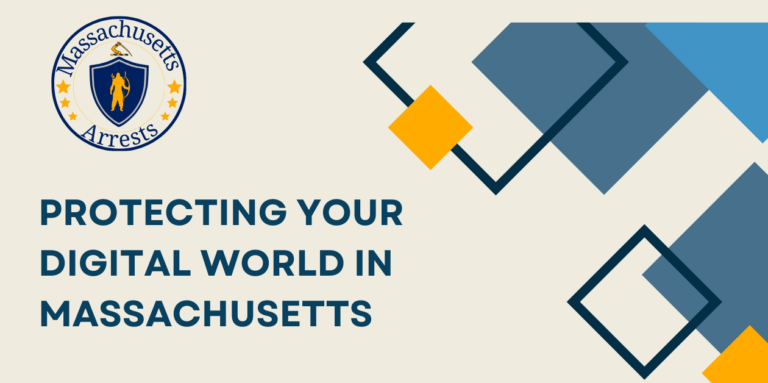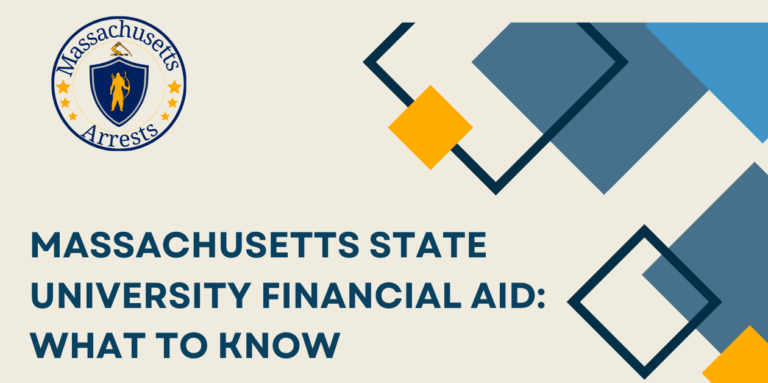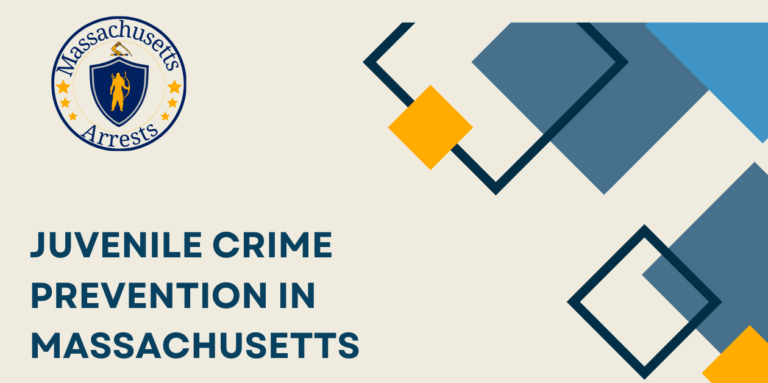Self-Defence and Personal Safety: Essential Tips
In today’s world, being able to protect oneself and stay safe is more important than ever. Whether you’re walking alone at night or navigating through crowded streets, having the knowledge and skills to defend yourself can make all the difference. This article will provide essential tips for self-defence and personal safety to help you feel empowered and secure in any situation.
Understanding Self-Defence
Self-defence is the ability to protect oneself from harm or danger. It encompasses a range of techniques and strategies designed to thwart potential threats and ensure your safety. Understanding the fundamentals of self-defence is the first step towards building confidence and preparedness.
Assessing Your Surroundings
One of the most effective ways to stay safe is to be aware of your surroundings at all times. Pay attention to your environment, identify any potential threats, and take steps to avoid risky situations whenever possible. By staying alert and vigilant, you can significantly reduce your risk of becoming a target.
Physical Self-Defense Techniques
In addition to awareness, it’s essential to have basic physical self-defence skills. Learning simple strikes, blocks, and evasion tactics can help you fend off an attacker and create an opportunity to escape safely. Consider taking self-defence classes or practising techniques regularly to build muscle memory and confidence.
Mental Preparedness
Self-defence isn’t just about physical strength; it also requires mental fortitude. Developing confidence, assertiveness, and situational awareness are critical aspects of staying safe. Trust your instincts, pay attention to body language cues, and project confidence in your interactions to deter potential threats.
Avoidance and De-escalation
Whenever possible, it’s best to avoid confrontations altogether. Learn to recognize escalating situations and take steps to de-escalate them before they turn violent. Utilize verbal self-defence techniques, such as assertive communication and conflict resolution skills, to defuse tense encounters peacefully.
Physical Fitness and Self-Defense
Physical fitness plays a significant role in self-defence. A strong, agile body is better equipped to handle physical threats and navigate dangerous situations. Incorporate strength training, cardio, and flexibility exercises into your routine to improve your overall fitness and readiness for self-defence.
Legal Considerations
It’s essential to understand the legal implications of self-defence and your rights in any given situation. Familiarize yourself with self-defence laws in your area and know when you’re justified in using force to protect yourself. If you’re ever unsure about the legality of a situation, seek legal advice immediately.
Role of Technology in Personal Safety
Technology can also be a valuable tool for personal safety. Smartphone apps, GPS tracking devices, and emergency alert systems can provide an added layer of protection when navigating unfamiliar or potentially dangerous environments. Explore different safety technologies and find the ones that work best for you.
Home Safety Measures
Ensuring the safety of your home is another critical aspect of personal security. Take steps to secure your property against intruders, such as installing security systems, reinforcing doors and windows, and creating a safety plan for your family. By making your home a safe haven, you can enjoy peace of mind knowing you’re protected.
Self-Defense for Vulnerable Populations
Certain demographics, such as women, children, and the elderly, may be more vulnerable to attacks. It’s essential for these individuals to learn adaptive self-defence techniques and strategies tailored to their specific needs. Building a support network and seeking out resources for self-defence can help empower vulnerable populations to protect themselves effectively.
Continuing Education and Training
Self-defence is a skill that requires ongoing education and practice. Consider enrolling in self-defence classes, attending workshops, or seeking out advanced training opportunities to refine your skills and stay prepared for any situation. Regular practice and continued education are key to maintaining your self-defence readiness.
Empowerment Through Self-Defense
Ultimately, self-defence is about empowerment. By equipping yourself with the knowledge, skills, and confidence to protect yourself, you take control of your personal safety and well-being. Inspire others to prioritize self-defence and create a safer, more secure community for everyone.
FAQs
Explore our comprehensive Frequently Asked Questions (FAQ) section to find answers to common queries about ARRESTS.ORG MA.
What are some essential self-defence tips in Massachusetts?
Massachusetts is a safe place to live, but it’s always important to be prepared. Here are some essential self-defence tips:
Is it legal to carry pepper spray for self-defence in Massachusetts?
Yes, it is legal to carry pepper spray for self-defence in Massachusetts. However, it must be purchased from a licensed firearms dealer and you must be at least 18 years old to purchase and possess it.
Can I carry a stun gun for self-defence in Massachusetts?
No, stun guns are illegal for private citizens to possess in Massachusetts.
Are there any self-defence classes or programs available in Massachusetts?
Yes, there are several self-defence classes and programs available in Massachusetts. These classes can teach you valuable skills and techniques to protect yourself in dangerous situations. It is recommended to research and find a reputable self-defence program near you.
What are some general personal safety tips to keep in mind?
Here are some general personal safety tips to keep in mind:
- Always be aware of your surroundings
- Trust your instincts
- Walk confidently and with purpose
- Avoid isolated or poorly lit areas
- Keep your personal belongings secure
- Stay alert and avoid distractions
Where can I report a crime or suspicious activity in Massachusetts?
If you witness a crime or suspicious activity in Massachusetts, you should report it to your local law enforcement agency. In case of emergency, dial 911 immediately.







